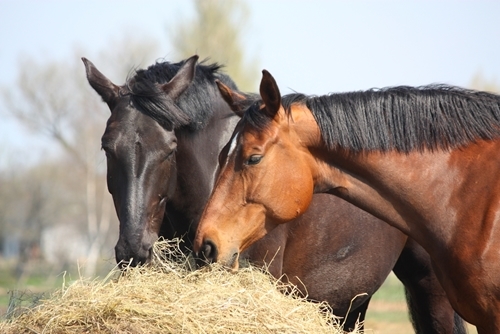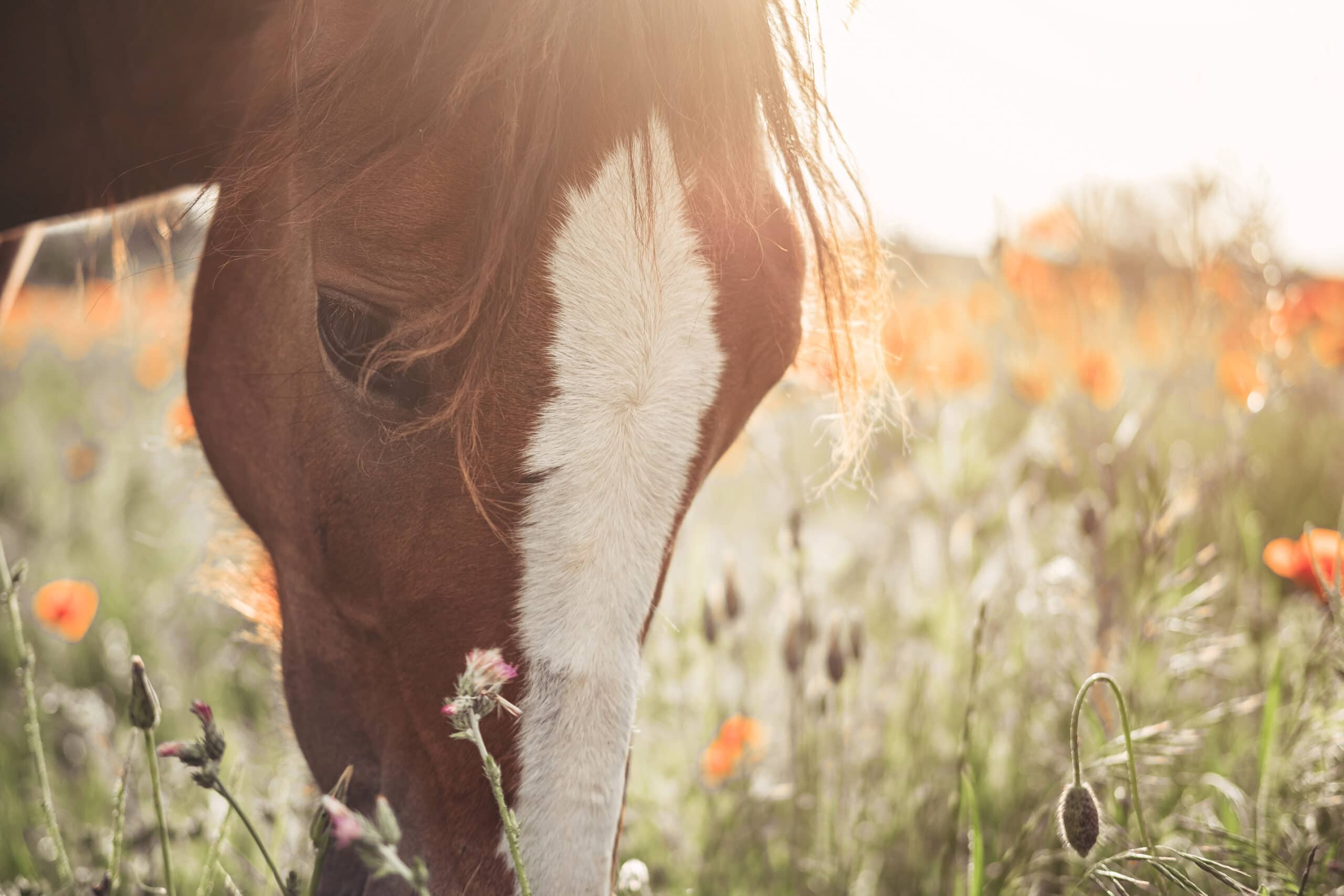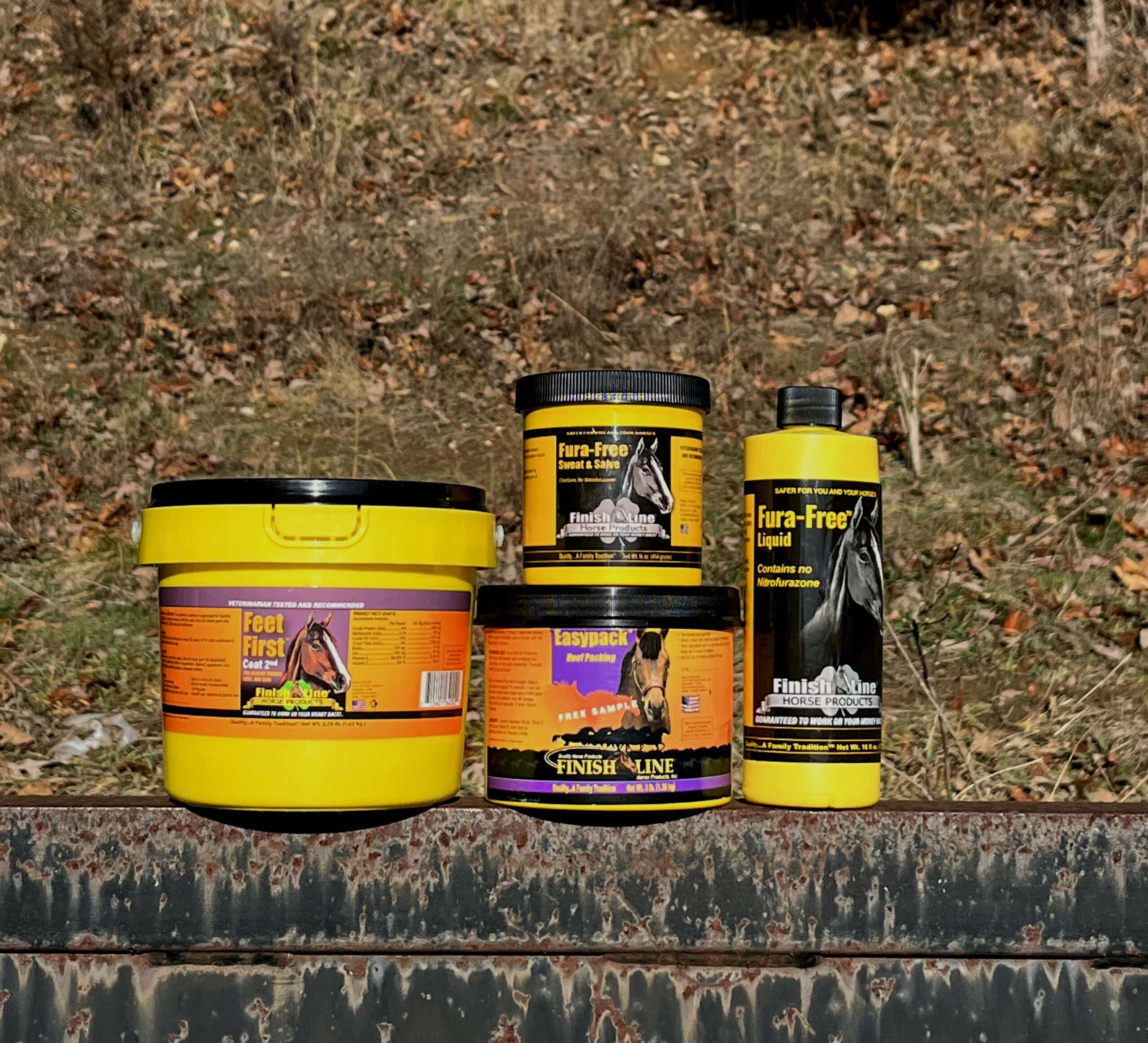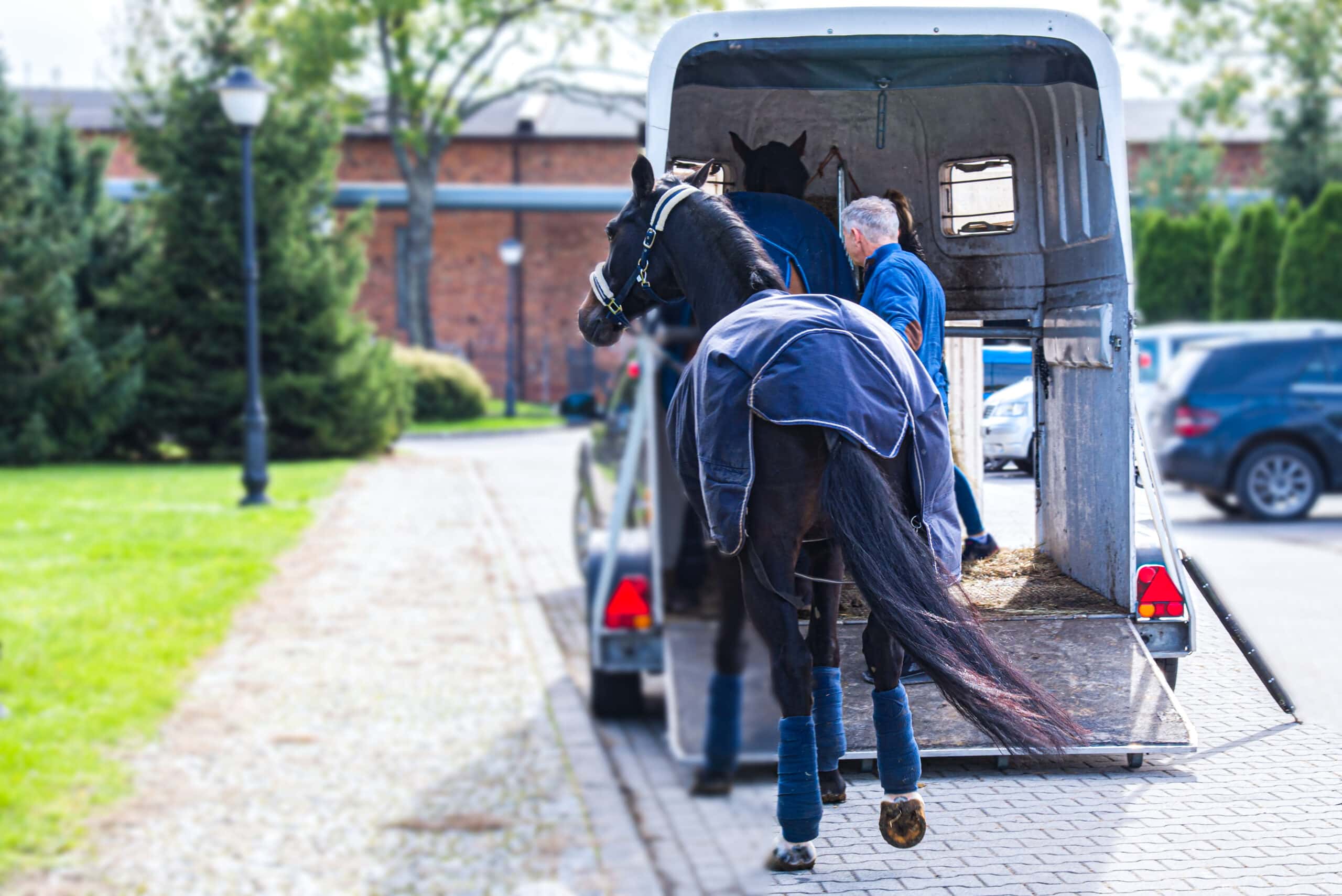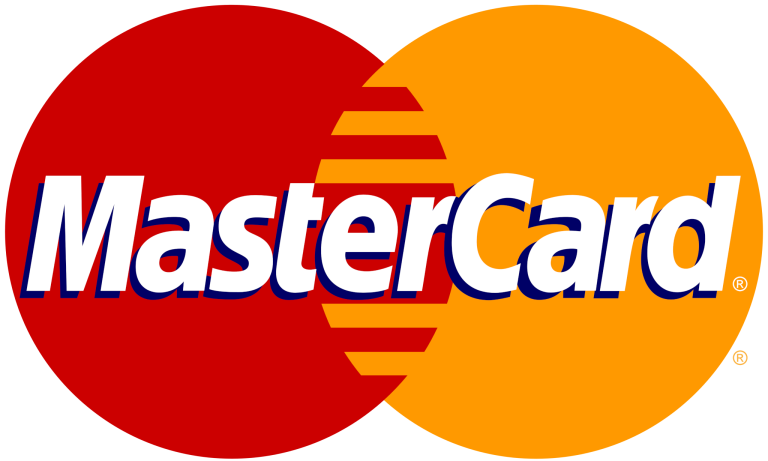Colic is an abdominal condition that horse owners everywhere must be aware of. By knowing what colic is, how it affects horses and how to prevent it, you can help protect your horse from the number one killer of horses across the country.
What is it?
There are three types of colic that owners should be aware of:
- Gas colic – This is caused when gas builds up in a horse’s intestine and bowels, causing a lot of pain. It is the most common form of colic.
- Obstructive colic – Obstructive colic occurs when a horse’s gut becomes blocked. This can be caused by impacted food, intestinal parasites and any foreign object your horse might accidentally take in. This can include dirt or sand if it gets mixed in with your horse’s food.
- Twisted gut colic – This type of colic is more severe. The horse’s intestines become twisted, a very painful situation for the animal.
Signs of colic
Knowing the signs of colic can save your horse’s life. The sooner you are able to recognize the issue and respond to it, the better. Changes in your horse’s behavior and general restlessness are key things to spot. Horses experiencing colic will bite or kick at their sides, roll excessively, and repeatedly lay down and get up. Each situation varies and symptoms depend on the horse. In contrast to restlessness, other symptoms include poor appetite, leaning against a wall without much movement, and reduced activity. Owners who know their horse’s normal behavior are best at spotting these changes.
Prevention
Now that you know what it is and what to look for, there are some simple things you can do to prevent horse colic.
- Make sure your horse always has fresh clean water. Keeping horses hydrated is important and helps them to regulate their digestion.
- Feed your horse out of a pan or bucket instead of putting grain on the ground. This prevents them from accidentally ingesting sand or dirt, which can cause obstructive colic.
- Keep your horse on a regular feed and exercise schedule. Dramatic changes in housing, feed or exercise can increase a horse’s risk for colic. Changes should be made gradually, giving the horse involved time to acclimate.
- Having your horse regularly dewormed can prevent intestinal parasites that would increase their chances of colic.
- Provide pasture and areas for grazing. Forages, such as hay and grass, are the natural food source for horses and are good for their digestive tract. Turning your horse out during the day is very helpful.
- Dental health is important in preventing colic. You should have your horse’s teeth floated every six months. Your horse’s teeth are part of its digestive system, and problems there can lead to larger issues.
- Several botanicals, vitamins, minerals and probiotics may also promote digestive system health. A healthy digestive system is less susceptible to colic. Try Total Control and U-7™ Gastric Aid to help keep your horse’s digestive system in top shape.
If your horse does colic, you should call your veterinarian as soon as possible. They are the experts and can provide you with the best information regarding your horse’s condition. While you wait for the vet, try to walk your horse around as much as possible. Walking will help loosen the digestive tract, relieve some pain and encourage defecation.



